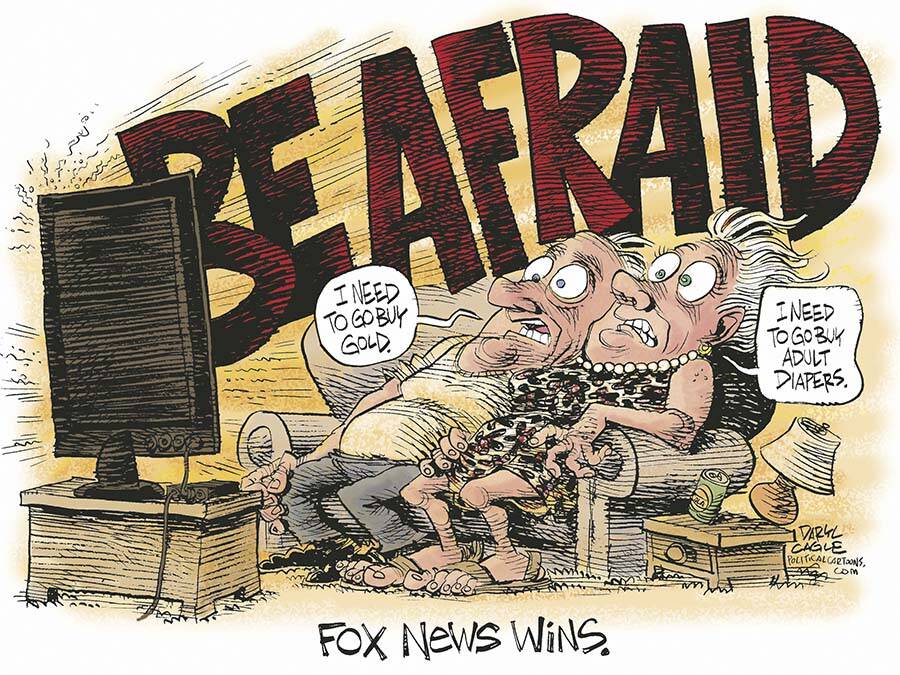By now, you’ve probably seen the chilling video showing the killing of Jordan Neely, a 24-year-old New York man on the subway by a former Marine named Daniel Penny.
Reaction has been polarized and complex. Many progressives, such as Reps. Alexandria Ocasio Cortez and Jamaal Bowman, have expressed outrage, while conservative media figures have largely defended Penny.
Neely, a Black man who had performed on subway platforms as a Michael Jackson impersonator, was confronted with unrelenting adversity as he endured homelessness and mental health issues. During the drama that manifested, he made it clear he was suffering from hunger and thirst while riding an F train in Manhattan, said to Juan Alberto Vazquez, a journalist who witnessed the incident. Advocates for the homeless are calling for accountability for Neely’s death.
When I initially saw the video, I will confess that it took me a few minutes to process what I had witnessed. A man placed in a prolonged chokehold and killed on the subway for acting out? Like many of my fellow Black Americans, I was incensed and horrified after witnessing such a chilling scene.
Penny was questioned by police and released. The mainstream media initially withheld his name, though both the NYPD and multiple news outlets had no apprehension releasing Neely’s criminal record. Multiple newspapers described Neely as “unhinged” while deferentially referring to Penny as a veteran, employing absolving rhetoric to portray him as an earnest and heroic human by saving the masses of subway riders from a rapacious and wicked Black man.
There were other witnesses who confirmed Neely was in mental distress. Disoriented, shouting, agitated and frustrated, he made it clear that he was hungry, thirsty and wanted to die. While his behavior was described as “hostile and erratic” toward fellow passengers, there’s no evidence he threatened anyone.
Like a number of people who have taken the subway or any other form of public transportation, I’ve seen people lash out and expose their mental anguish. My blood pressure has risen more than a few times witnessing such spectacles. Is this person armed? Are they on medication? Did they forget to take their medication? Will this escalate into something more dangerous? Yes, it is a difficult and painful situation to watch.
However, the truth is feeling scared or threatened does not grant a person the license to take the life of another human being. I am certain most of us would never resort to choking another person to death because their behavior was disturbing. Vigilantism is never a permissible form of action.
Poverty, homelessness and mental illness are just a few crises in our county that fail to garner appropriate attention, marginalized and ignored by too many powerful and influential entities. Like many victims of mental illness, Neely cried out for help that was never forthcoming. No one came to his aid. A sad commentary to be sure.
Regarding Penny, hopefully he will face accountability for his actions and see that engaging in wanton acts of vigilantism has consequences, both morally and legally.
Elwood Watson is a professor of history, Black studies, and gender and sexuality studies. He is also an author and public speaker.



